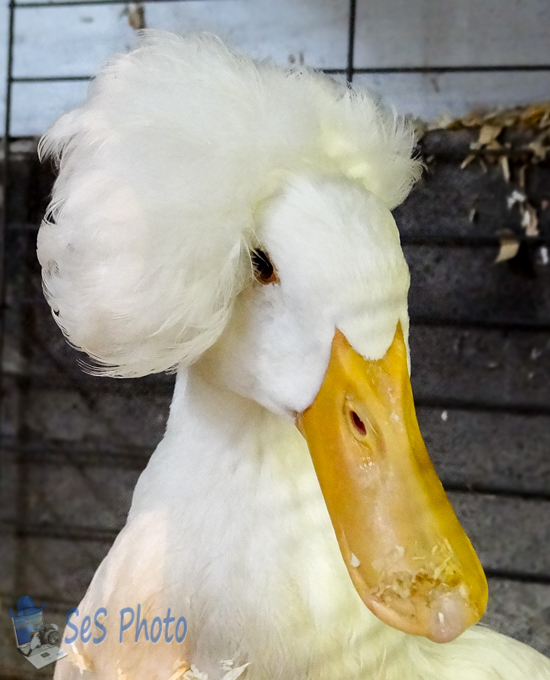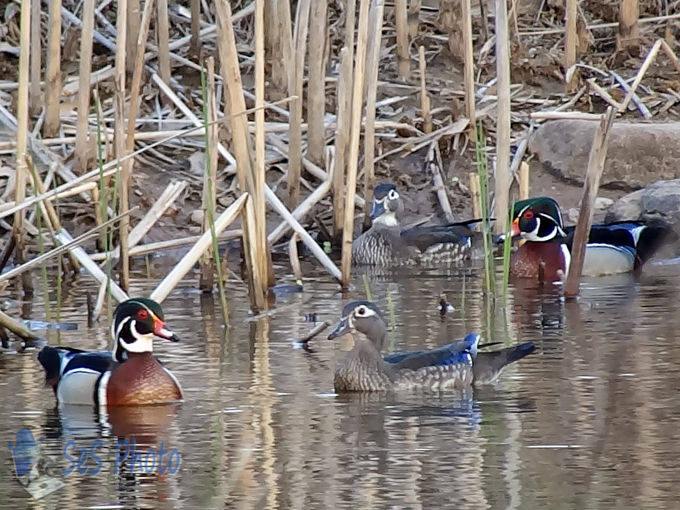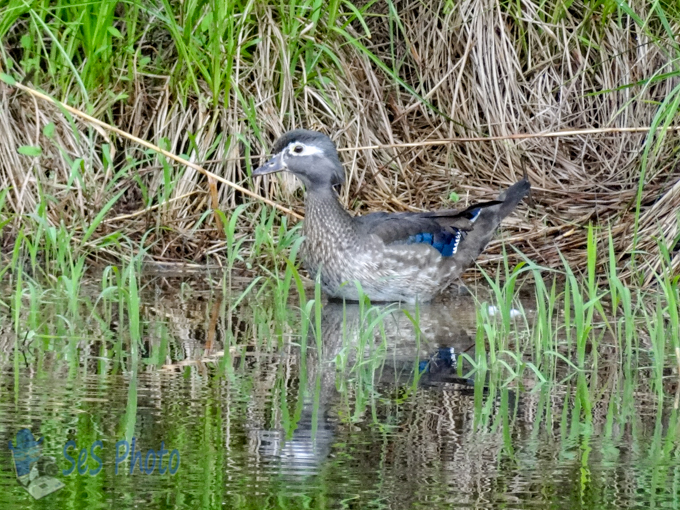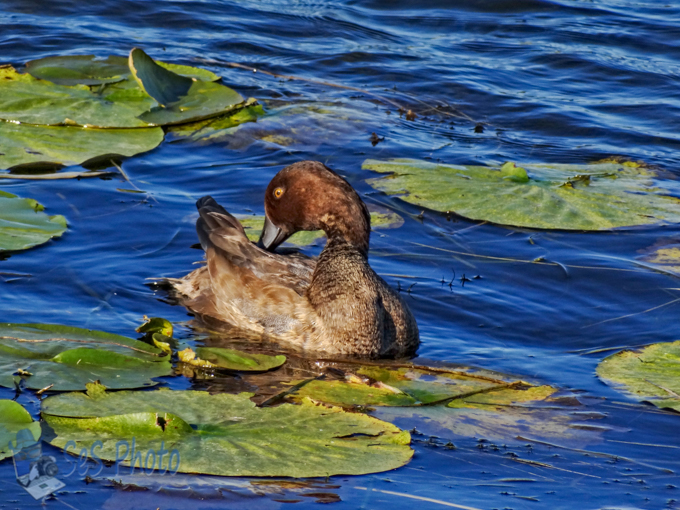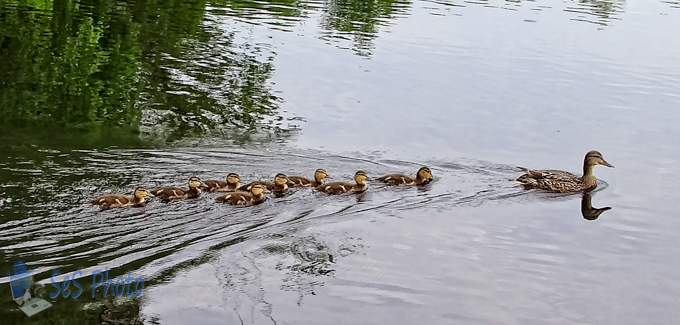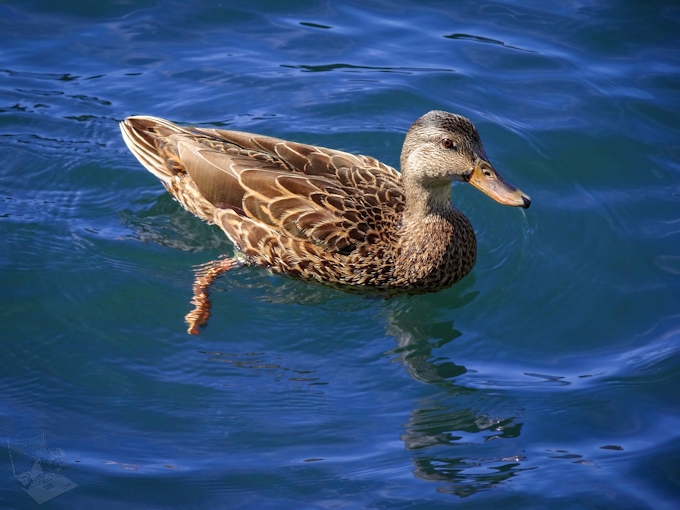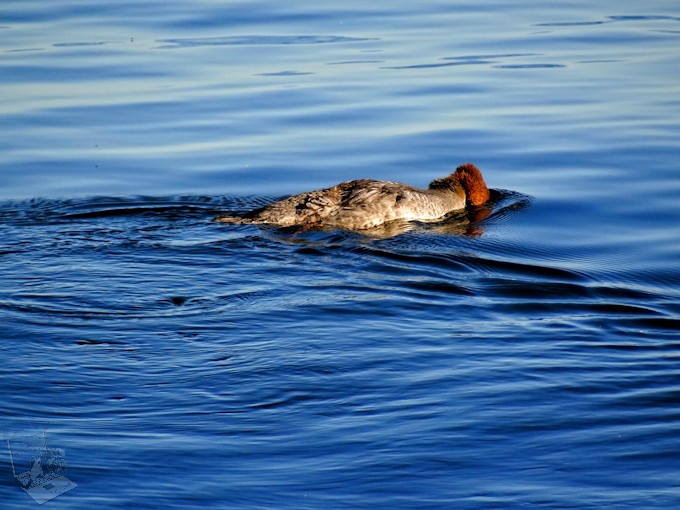Ducks love water so they should like the today’s rainy weather. There are many variety of ducks, even ones with a bad morning hairdo! But the bad hairdo on the White Crested duck is caused by a genetic mutation of the skull. Ducks with this mutation are born with a gap in their skull, which is filled with fatty tissue and from this tissue, the feathers sprouts.
People have continued to breed for this mutation, as early as 1600 as seen in paintings, but if a pair crested ducks are breed to each other, then about a quarter of the embryos to die in the shell because a double dose of the crested gene will cause the duckling’s brain to develop improperly outside of the skull. Half the offspring will be crested and the remaining quarter will be non-crested. When breeding a crested duck with a non-crested duck, half will be crested and the other half non-crested, with no lethal allele, although the crests are smaller than when breeding two crested ducks.
White Crested Duck
